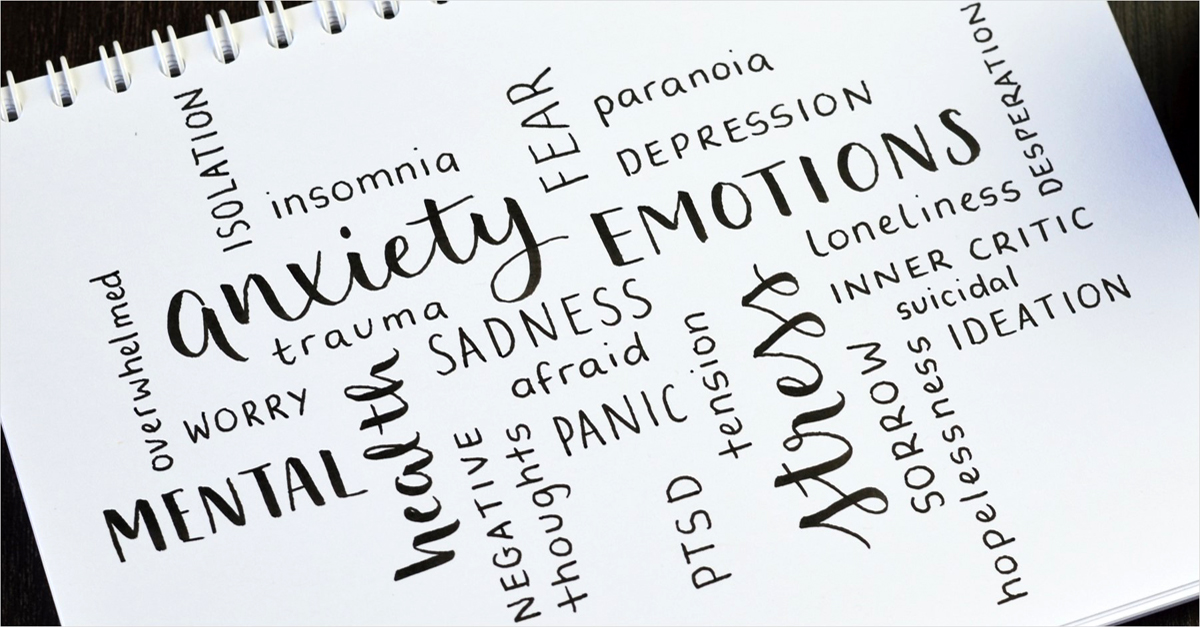An American Psychiatric Association (APA) survey reveals that 43% of American adults feel anxious in 2024 — up from 37% in 2023 and 32% in 2022. The primary driver is the economy (77%), which creates financial stress and insecurity that can affect employee productivity.
The University of Cambridge has identified the many impacts of stress on individuals. Left untreated, these physical, emotional, intellectual, and behavioral issues will eventually creep into the workplace creating:
- High turnover and absenteeism
- Poor performance and productivity
- Low morale and motivation
- More accident and incident reports
In sharing her personal journey to mental health, Dr. Keren Landsman writes, “In scientific studies, people who’d benefit from mental health care give rich and varied reasons for not seeking it, among them thinking it’s unnecessary, fear others will think less of them for getting it, and cost.”
This is supported by the APA, which reports that only 24% of adults have spoken with a mental health professional in the past year. Younger adults (18-34) are more than twice as likely to seek help than older adults (50+) and among those who received services, 59% are worried about losing access to mental healthcare.
Therapy is health care and “longstanding federal laws are supposed to ensure that health insurers cover mental health care just as they do physical treatments. Yet finding a mental health provider and, crucially, getting health insurance to cover their services continues to be a struggle.”
Employers can play a vital role in changing this dynamic. Choosing a modern health plan from Vitori Health provides employees with free access to virtual behavioral health services and eliminates financial stress driven by high health care costs from legacy insurers. And, concierge support services make it easier to find a provider.




